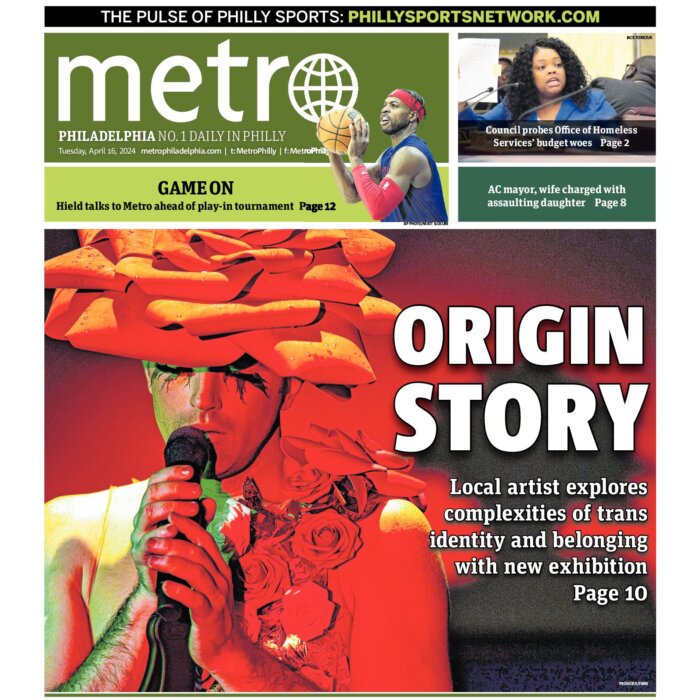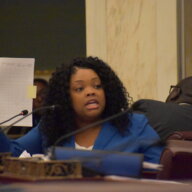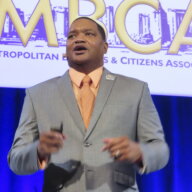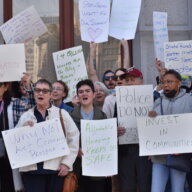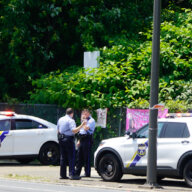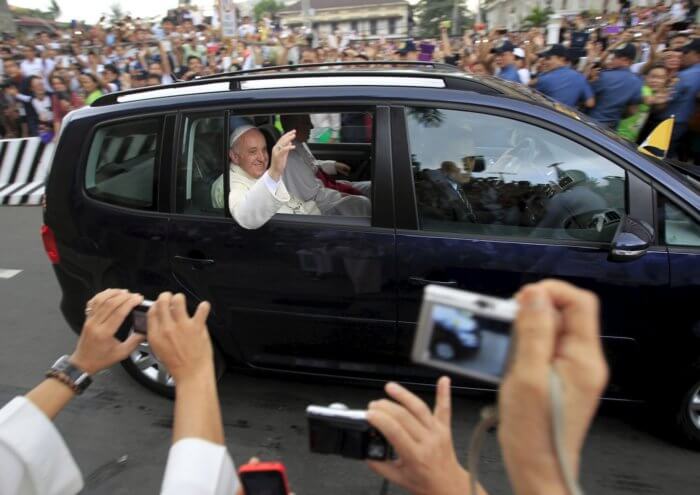By Brendan O’Brien
MADISON, Wis. (Reuters) – A hearing into a Republican-led drive to make Wisconsin the 25th right-to-work state opened on Tuesday as union members, some in hard hats and overalls, rallied at the state Capitol Building in opposition to the measure. Wisconsin Governor Scott Walker, a potential Republican candidate for president in 2016, will sign a bill if it makes it to his desk, a spokeswoman has said.
Walker backed a law to limit the power of public sector unions shortly after becoming governor four years ago and in 2012 survived a recall election sought by Democrats and union members, making him a favorite of conservatives nationally. The latest bill would prohibit workers from being required to join or financially support a union, such as through dues, as a condition of employment.
A committee in the Republican-controlled Senate is expected to vote later on Tuesday after the hearing to send the proposed measure to the full Senate for a vote as soon as Wednesday.
The majority Republican state Assembly is expected to take up the bill the week of March 2.
“I don’t think that there is any other piece of legislation that sends a stronger message to those who might think about expanding here or locating here than this bill,” Senate Majority Leader Scott Fitzgerald said at the outset of the hearing. Fitzgerald, who said Friday the bill would be considered on a fast-track in an extraordinary session this week, said the measure would make Wisconsin more competitive.
Workers opposing the measure began to chant shortly after the hearing began and then organized a rally outside the building, including Michael Ladwig, 53, a carpenter from Rio, Wisconsin, who wore a scuffed white hard hat and a green jacket. “The idea of taking from middle Americans to give to the upper class is just dead wrong,” Ladwig said. “I never thought I would see this day and that this action would take place in this state.” University of Oregon Associate Professor Gordon Lafer opposed the bill and Wisconsin Policy Research President Mike Nichols spoke in favor of the measure.
“Wisconsin’s role in the national economy has shrunk with the passage of time, we know that; the analysis suggests that passage of a right-to-work law likely would slow and possibly reverse that trend,” Nichols testified. Marquette University economics professor Abdur Chowdhury, said right-to-work laws were not a top 10 reason for businesses to locate in Wisconsin and firms look more toward technology development, tax policies and infrastructure. “Business firms look at the entire business package,” Chowdhury said.
(Reporting by Brendan O’Brien; Editing by Lisa Lambert and Cynthia Osterman)
